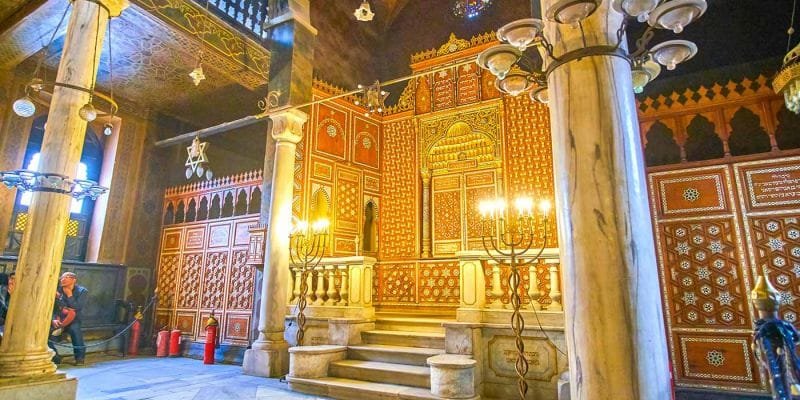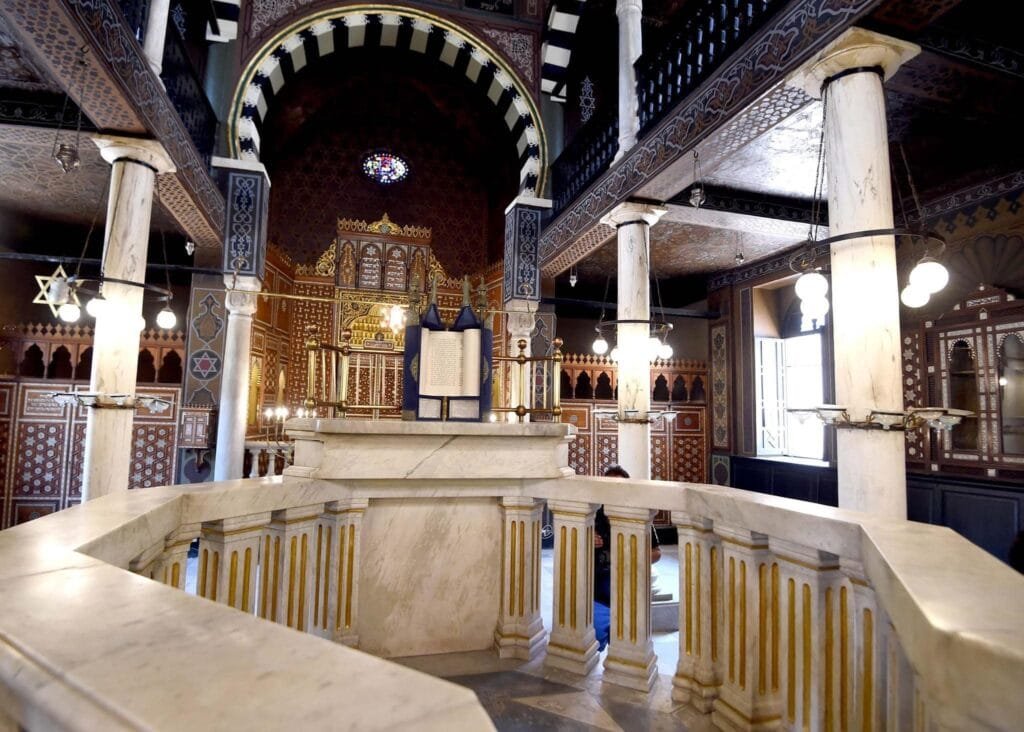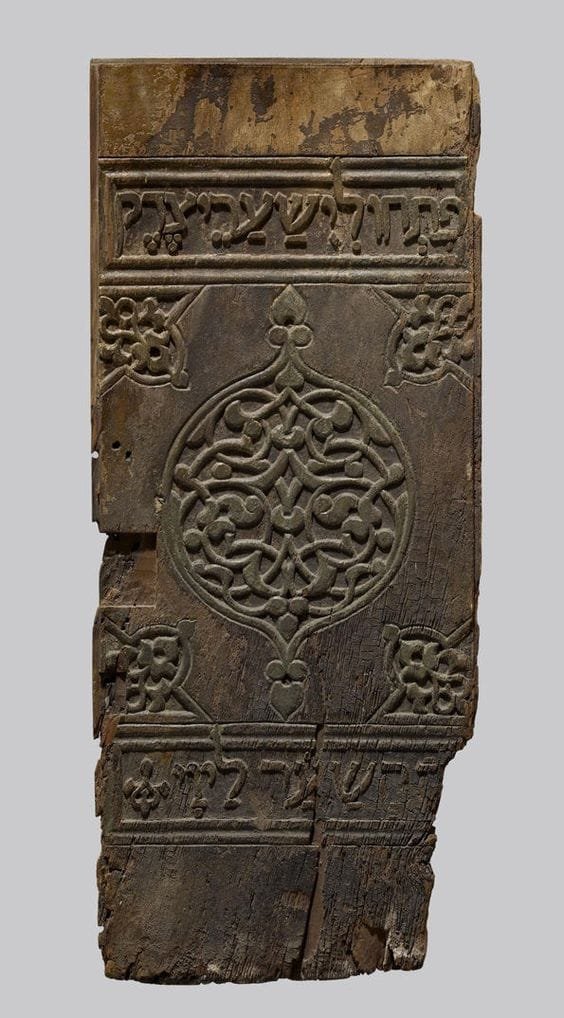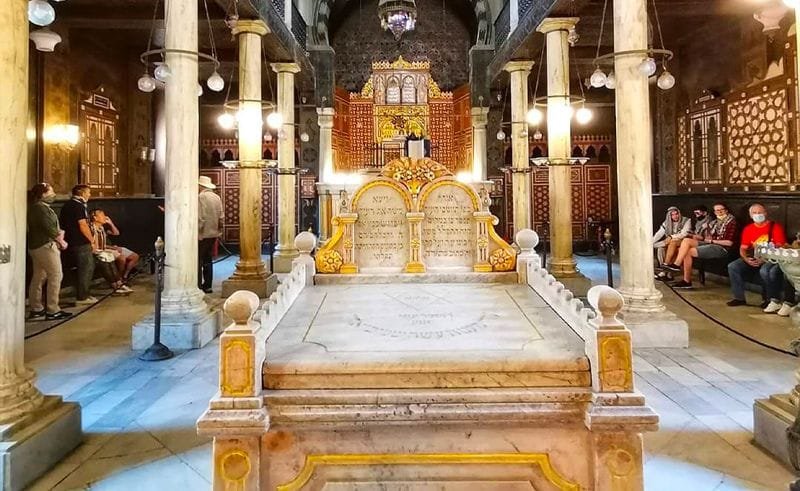The Ben Ezra Synagogue is one of the most important Jewish landmarks in Egypt, situated in the historic district of Coptic Cairo. This remarkable synagogue has deep roots in the history of Egypt’s Jewish community and is an essential piece of the country’s religious and cultural heritage. The Ben Ezra Synagogue, while often overshadowed by Egypt’s more famous religious landmarks, is a testament to the once-thriving Jewish population in Egypt. Its historical and cultural significance makes it an intriguing destination for historians, tourists, and scholars alike.
The synagogue’s establishment dates back to the 9th century, though its location is much older, potentially tracing back to the 6th century. It stands on the site of a much earlier Jewish temple, believed by some to be where baby Moses was found by the Pharaoh’s daughter—a significant event in Jewish tradition. While the building itself is modest compared to other grand religious structures in Cairo, its significance is profound. The synagogue has been in continuous use for centuries and is a symbol of the Jewish community’s presence in Egypt for well over a millennium.
One of the most notable events in the synagogue’s history occurred in the 19th century, when a collection of geniza manuscripts was discovered in its walls. These ancient manuscripts, dating back to the medieval period, contain valuable texts that offer a glimpse into Jewish life and practices in Egypt and beyond. Today, the synagogue no longer serves as an active house of worship but stands as a historical and cultural site, preserving the memory of Egypt’s Jewish community.








